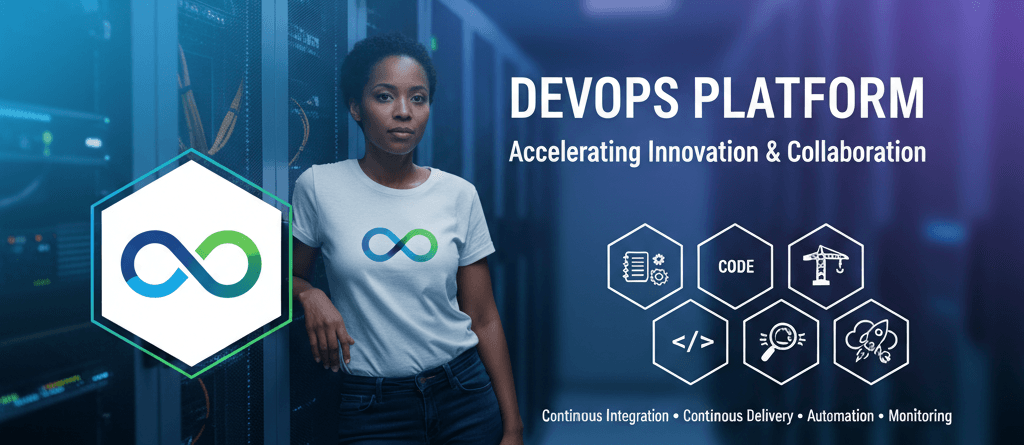
DevOps Engineer
Automate and optimize software delivery through infrastructure management and continuous integration practices.
DevOps Engineers are infrastructure and automation specialists who bridge the gap between software development and IT operations. They focus on streamlining the software development lifecycle through continuous integration, continuous deployment (CI/CD), and infrastructure automation. DevOps engineers implement and manage tools and processes that enable rapid, reliable software delivery while maintaining system stability and security. They work with cloud platforms, containerization, monitoring systems, and infrastructure as code to create scalable, efficient development and deployment environments. In today's fast-paced software development world, DevOps engineers are essential for organizations looking to accelerate innovation, reduce time-to-market, and improve software quality through automation and improved collaboration between teams.
Path Ahead
DevOps Engineering represents one of the fastest-growing and highest-paying areas in technology, driven by the increasing adoption of cloud computing and agile development practices. The demand for DevOps engineers far exceeds supply, creating excellent opportunities for career growth and competitive compensation. Career progression typically includes: DevOps Engineer → Senior DevOps Engineer → DevOps Architect or Site Reliability Engineer (SRE). Many professionals also specialize in areas like Cloud Architecture, Security Engineering (DevSecOps), or Platform Engineering. The field offers excellent remote work opportunities, continuous learning challenges, and the satisfaction of enabling entire organizations to deliver software more efficiently and reliably.
Skills
- Cloud platforms (AWS, Azure, Google Cloud Platform)
- Containerization (Docker, Kubernetes)
- Infrastructure as Code (Terraform, CloudFormation)
- CI/CD pipelines (Jenkins, GitLab CI, GitHub Actions)
- Configuration management (Ansible, Puppet, Chef)
- Monitoring and logging (Prometheus, ELK Stack, Grafana)
- Version control systems (Git, GitOps)
- Scripting languages (Python, Bash, PowerShell)
- Linux/Unix system administration
- Database administration and management
- Security and compliance automation
- Agile and lean practices
Roadmap
- Learn Linux system administration and command line proficiency
- Master version control with Git and understand collaborative workflows
- Study cloud computing fundamentals and choose a primary platform (AWS/Azure/GCP)
- Learn containerization with Docker and orchestration with Kubernetes
- Understand CI/CD concepts and implement pipelines with Jenkins or similar tools
- Study Infrastructure as Code with Terraform or CloudFormation
- Learn monitoring, logging, and observability practices
- Develop scripting skills in Python, Bash, or PowerShell
- Gain hands-on experience through labs and real-world projects
- Earn relevant cloud certifications and continue learning emerging technologies